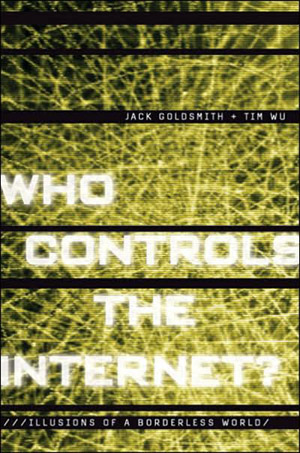 I ran into the library to drop off some stuff my kids had checked out. If you have kids the library should be in the top 10 list of places to frequent for a number of reasons. First of all, kids are like sponges that soak up information and learning and you should be constantly feeding that habit and books are not cheap. It’s summer time and instead of letting your kid zone out and play video games all day long it’s better to channel some of that energy into learning. I’m not talking about rigorous school, but at least something to keep those brain cells growing. The library offers a constant stream of this for free. Secondly, at least our library, has regular activities and sessions to entertain kids. Unless you drop your kids off at daycare staying home with them all day long can be a challenge to give them something useful to do. It can also get expensive. Ok, enough of my preaching about using the public library, back to a book I picked up at the library.
I ran into the library to drop off some stuff my kids had checked out. If you have kids the library should be in the top 10 list of places to frequent for a number of reasons. First of all, kids are like sponges that soak up information and learning and you should be constantly feeding that habit and books are not cheap. It’s summer time and instead of letting your kid zone out and play video games all day long it’s better to channel some of that energy into learning. I’m not talking about rigorous school, but at least something to keep those brain cells growing. The library offers a constant stream of this for free. Secondly, at least our library, has regular activities and sessions to entertain kids. Unless you drop your kids off at daycare staying home with them all day long can be a challenge to give them something useful to do. It can also get expensive. Ok, enough of my preaching about using the public library, back to a book I picked up at the library.
I was browsing the new non-fiction section and saw this book called “Who controls the internet: Illusions of a borderless world.” The geek in me was immediately interested so I grabbed it. It’s very good reading and it raises some interesting discussions about the internet and who is really in control of it.
Although the internet has it’s beginnings tracing back to the late sixties it really began it’s widespread growth and development in the early 80’s. When it really took off from an end user standpoint was in the 90’s with the World Wide Web (which is not the same as the internet).
When the telegraph was invented and began to be used for long distance communications it was said that it would break down barriers and lead to borderless nations. That didn’t really happen and the same has been said with the popularity and reach of the internet. This book goes in and examines this question of control and the idea that the internet is a borderless self governing entity.
In this provocative new book, Jack Goldsmith and Tim Wu tell the fascinating story of the Internet’s challenge to governmental rule in the 1990s, and the ensuing battles with governments around the world. It’s a book about the fate of one idea–that the Internet might liberate us forever from government, borders, and even our physical selves. We learn of Google’s struggles with the French government and Yahoo’s capitulation to the Chinese regime; of how the European Union sets privacy standards on the Net for the entire world; and of eBay’s struggles with fraud and how it slowly learned to trust the FBI. In a decade of events the original vision is uprooted, as governments time and time again assert their power to direct the future of the Internet. The destiny of the Internet over the next decades, argue Goldsmith and Wu, will reflect the interests of powerful nations and the conflicts within and between them.
I have really enjoyed reading this book and for me it’s been one of those that I don’t hardly want to put down.
